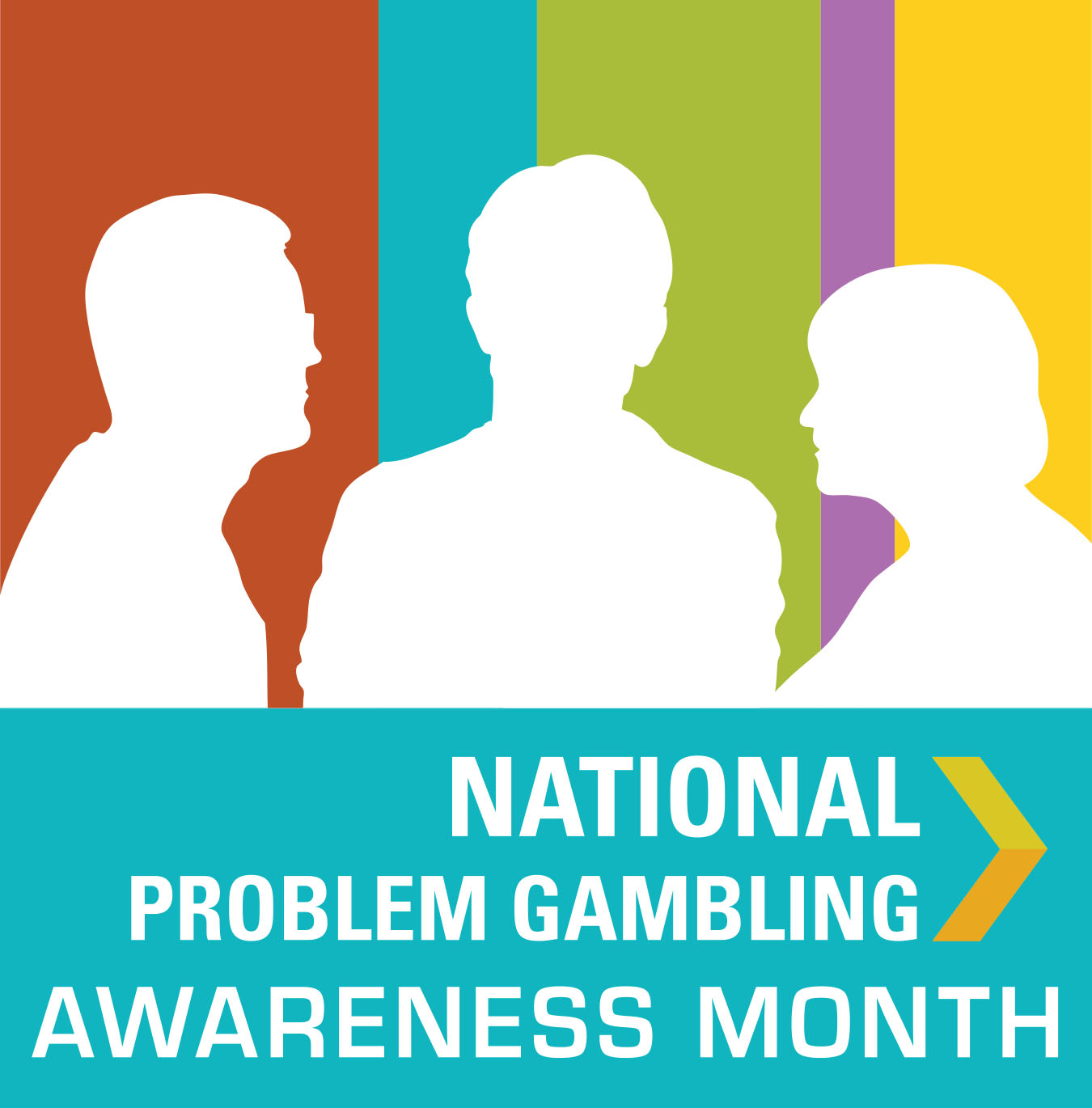Mitigating March Madness
by Keith Whyte, Executive Director, National Council on Problem Gambling
 March Madness has developed into a national conversational event rivaling the Superbowl in intensity and interest. The knockout format and diversity of teams provide hardcore boosters and casual fans alike with myriad story lines and potential betting scenarios—in fact there are over nine quintillion possible NCAA brackets. President Obama has filled out his picks live on TV.
March Madness has developed into a national conversational event rivaling the Superbowl in intensity and interest. The knockout format and diversity of teams provide hardcore boosters and casual fans alike with myriad story lines and potential betting scenarios—in fact there are over nine quintillion possible NCAA brackets. President Obama has filled out his picks live on TV.
We believe it is time to help balance the conversation and make sure that the public understands that some who bet will develop problems and that these problems are serious but treatable. As a result, 11 years ago NCPG created a national awareness event in March. Based on popular demand, the campaign has grown to become National Problem Gambling Awareness Month (NPGAM). NPGAM is a grassroots public awareness and outreach campaign to educate the general public and health care professionals about the warning signs of problem gambling and raise awareness about the help that is available both locally and nationally. For campaign materials and more information, please visit www.npgam.org.
Through the appropriate use brief screens and early interventions to address the myriad of emotional, physical and financial problems created by gambling addiction, significant reductions in service demand and costs associated with intensive treatment interventions will be realized. By providing therapeutic approaches that are appropriate for problem gamblers and their families, we hypothesize that recovery rates will increase for a wide variety of health, substance use, and mental health disorders, given the significant rate of co-occurring disorders.
Consider the following: Adult problem gamblers are five times more likely to have co-occurring alcohol dependence, four times more likely to abuse drugs, three times more likely to be depressed, eight times more likely to have bipolar disorder, three times more likely to experience an anxiety disorder and have significantly elevated rates of tachycardia, angina, cirrhosis compared to their non-problem gambling counterparts. High-risk groups include veterans and individuals with disabilities.
We therefore encourage all healthcare providers to screen all their clients for gambling addiction during March — and throughout the year. Screening for gambling-related history and symptoms is justified because of the prevalence and potential severity of problem gambling and its consequences, the potential to improve patient outcomes, and the low costs and low risk associated with asking about gambling. Screening and brief intervention has been proven to be effective interventions in the allied health fields, and can help you mitigate this hidden addiction.
Editor’s Note: Screening instruments for gambling disorder include the Brief Biosocial Gambling Screen (the BBGS), composed of 3 yes/no questions. People who answer “yes” to any single question require further evaluation, which might begin with a discussion about readiness to change gambling habits. Please click here for more details about the BBGS. The Division on Addiction, Cambridge Health Alliance, has designated March 11, 2014 Gambling Disorder Screening Day. For more information about hosting a Gambling Disorder Screening Day at your agency, including a free toolkit, please click here.